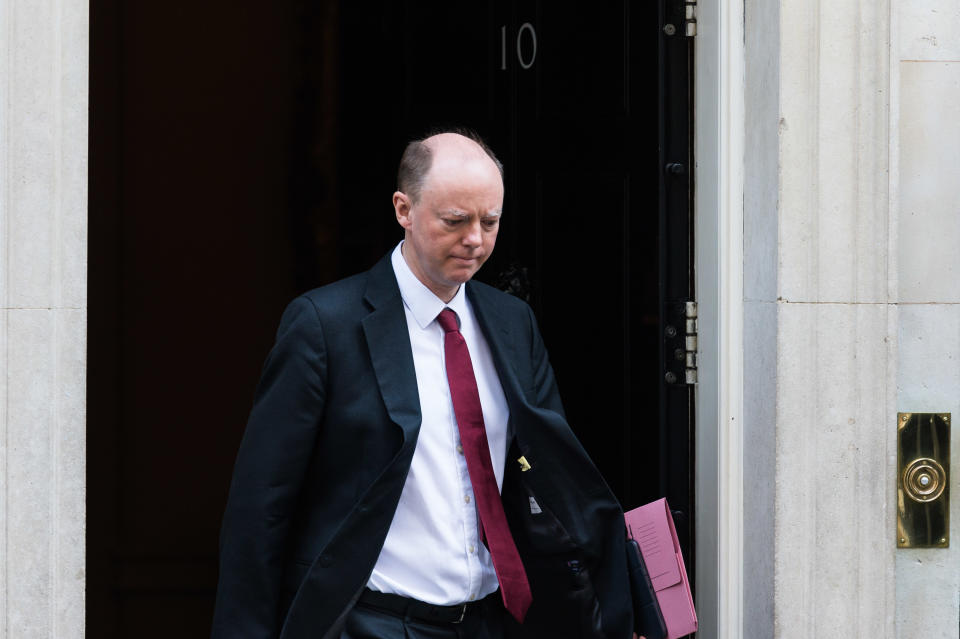Three things you need to know about the new coronavirus antibody tests
Top government advisers have warned the issuing of new coronavirus antibody tests which can be used at home will not be a “free-for-all”.
Public Health England (PHE) said on Wednesday that the tests will be available in a matter of days and eventually would be available from outlets such as Amazon and Boots.
The tests will also allow key workers, like doctors and nurses, to go back to work if they have developed antibodies.
Some 3.5 million tests have been bought, and Prof Sharon Peacock, director of PHE’s National Infection Service, they would be available in the “near future”.

Latest coronavirus news, updates and advice
Live: Follow all the latest updates from the UK and around the world
Fact-checker: The number of COVID-19 cases in your local area
Explained: Symptoms, latest advice and how it compares to the flu
However, at Wednesday’s daily coronavirus press briefing in Downing Street, Prof Chris Whitty, England’s chief medical officer, and Sir Patrick Vallance, the government’s chief scientific adviser, moved to temper expectations about the tests.
Here are three things you need to know.
1. First priority is data collection
Sir Patrick said: “The first thing we need to do is collect the information to understand this epidemic.
“It’s not a 3.5 million free-for-all, with no data being collected. We need to answer the critical questions and make sure the right people get tested first in order to allow [NHS] workers to go back.”
Prof Whitty added: “We need to start off by answering that critical question: what proportion of people get this without any symptoms? That has big implications for the way we manage this.”

2. NHS workers will get the tests first
“We need to make sure we get NHS workers tested,” Prof Whitty said, “to make sure we can work out who is immune to this infection and who isn’t.
“It will basically go out in a graded way from there.”
3. The kits won’t be on Amazon next week
Prof Whitty moved to quash expectations about an imminent release as he said: “I do not think this is something we will suddenly be ordering on the internet next week.
“We need to go through the evaluation, then the first critical uses, and then spread it out from that point of view.”

 Yahoo News
Yahoo News 

